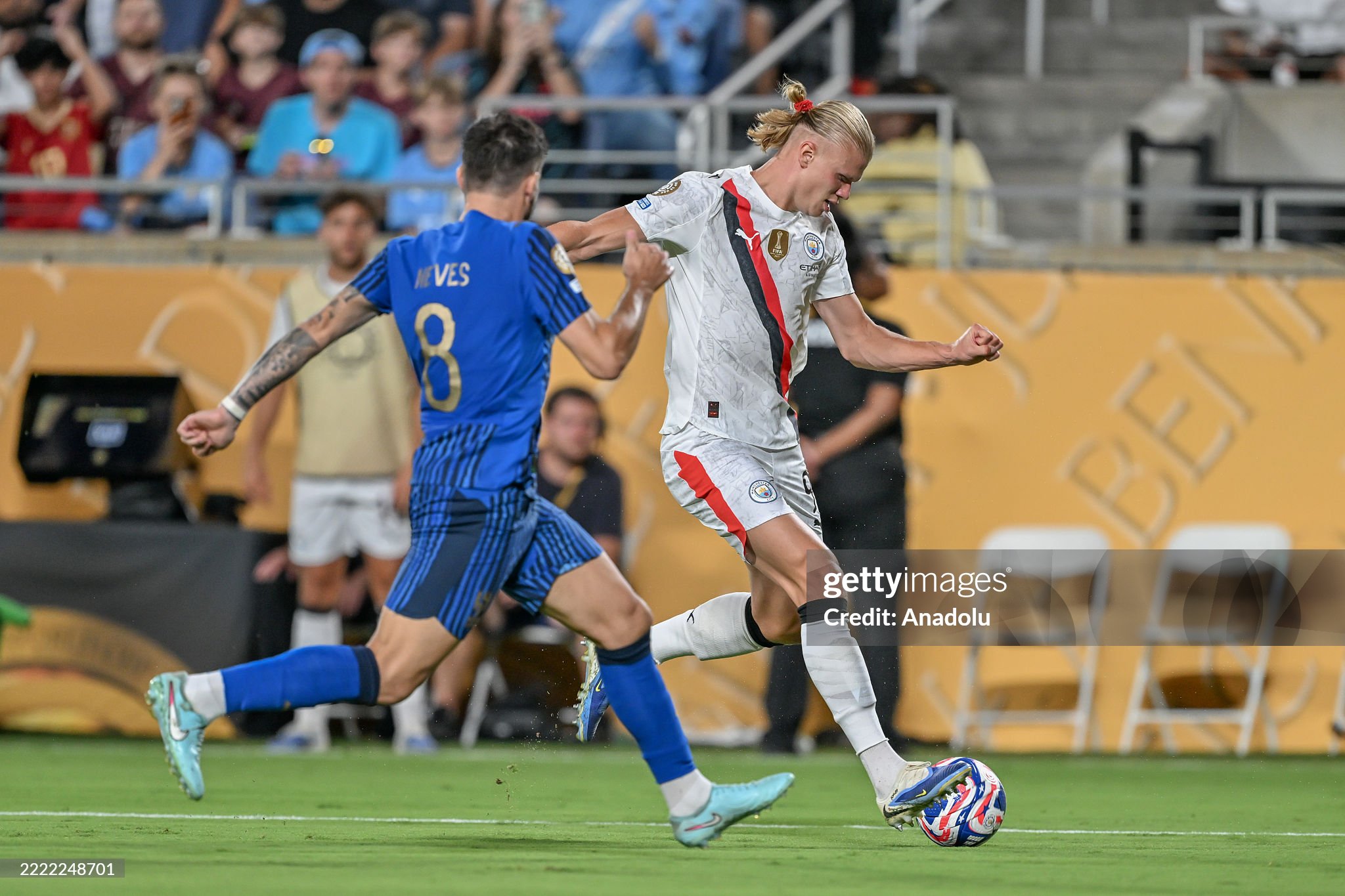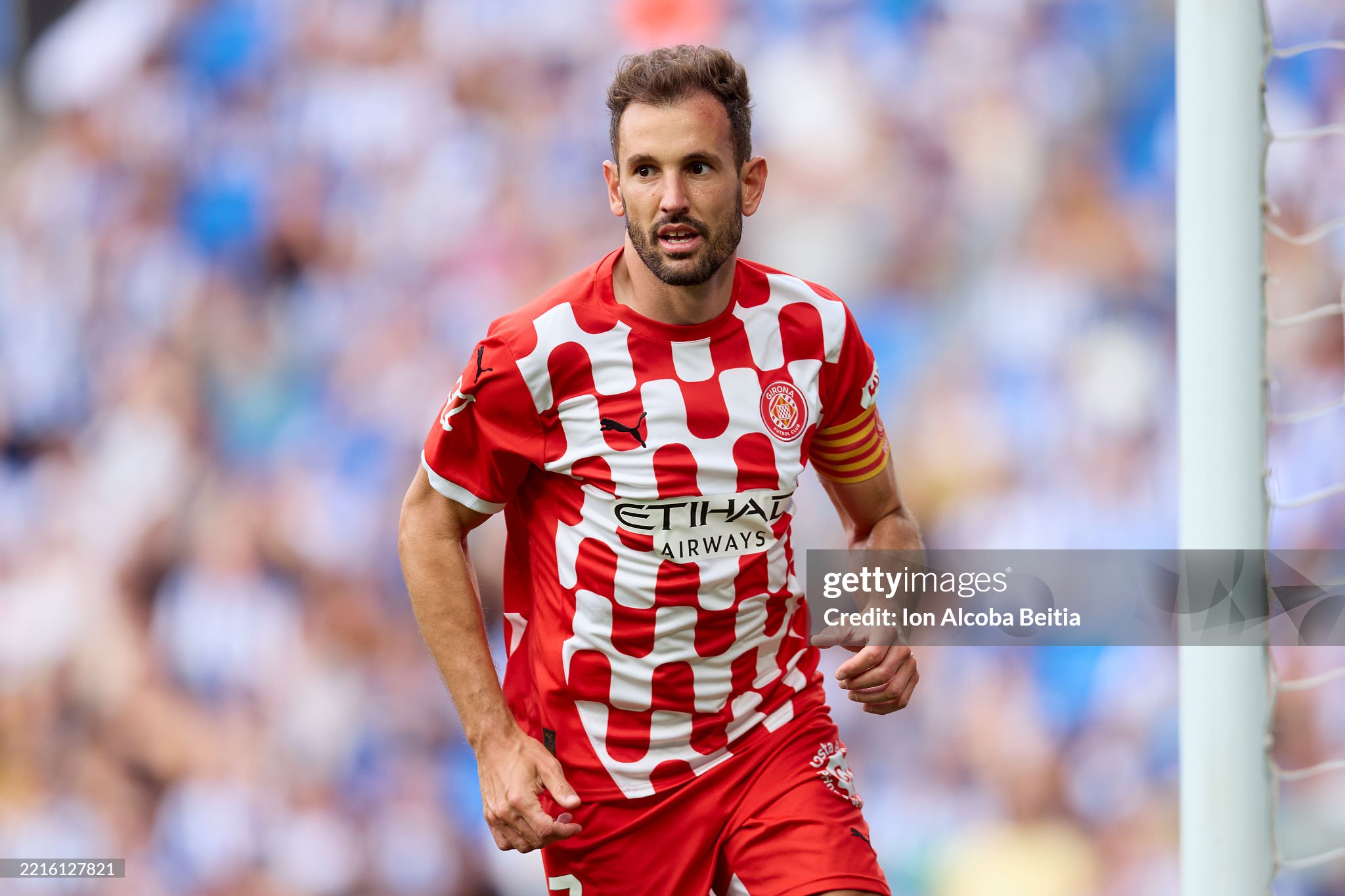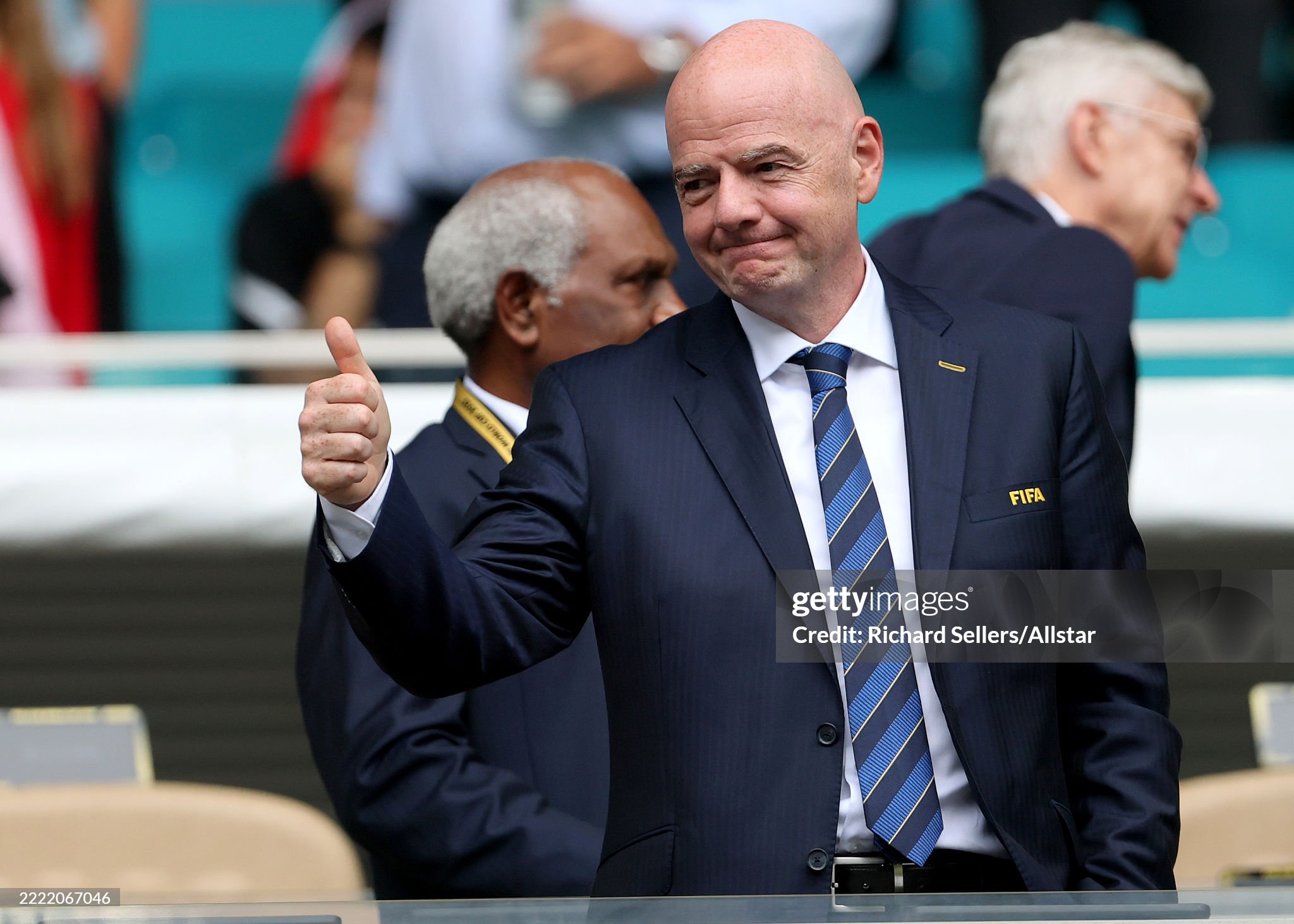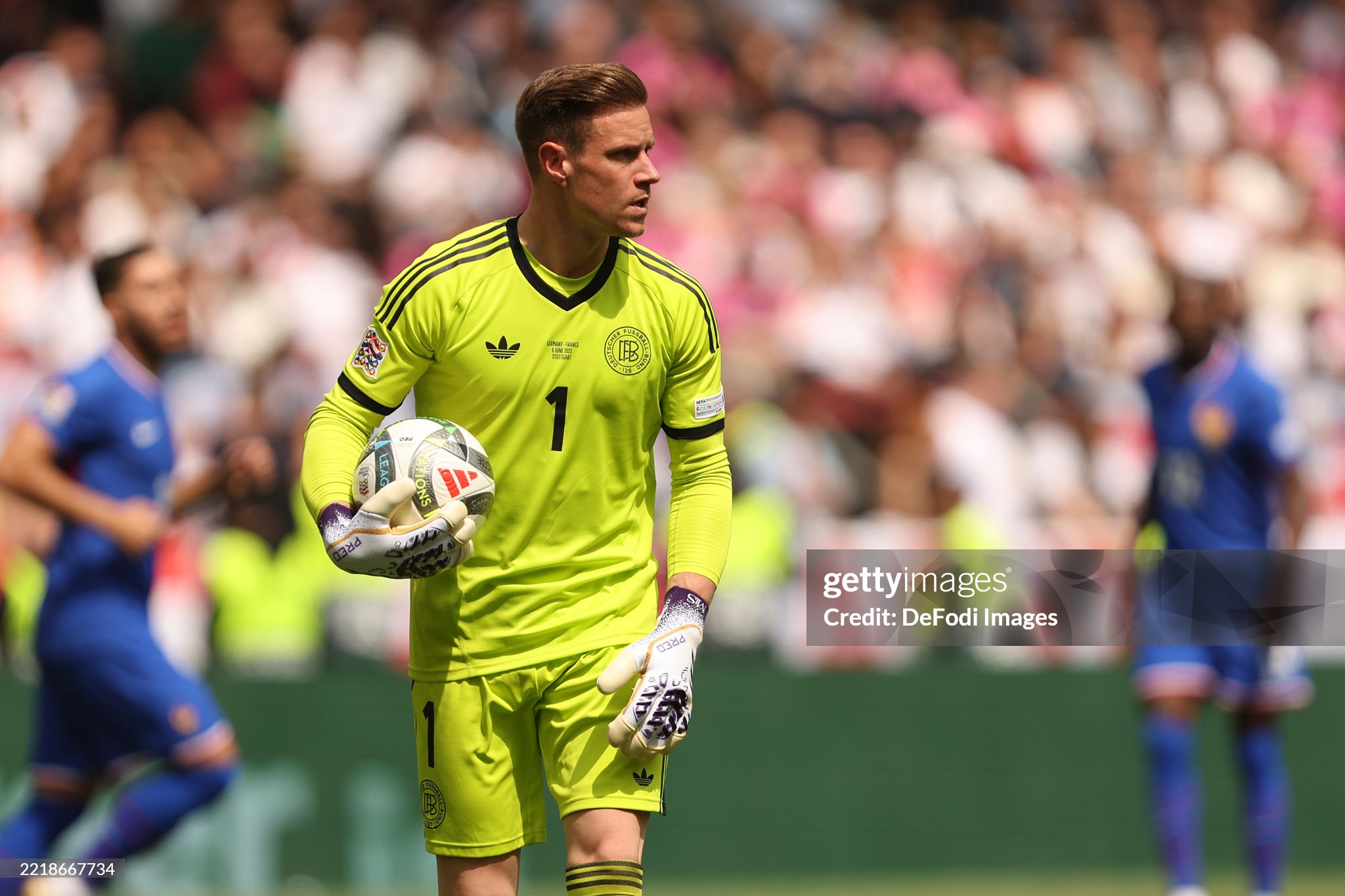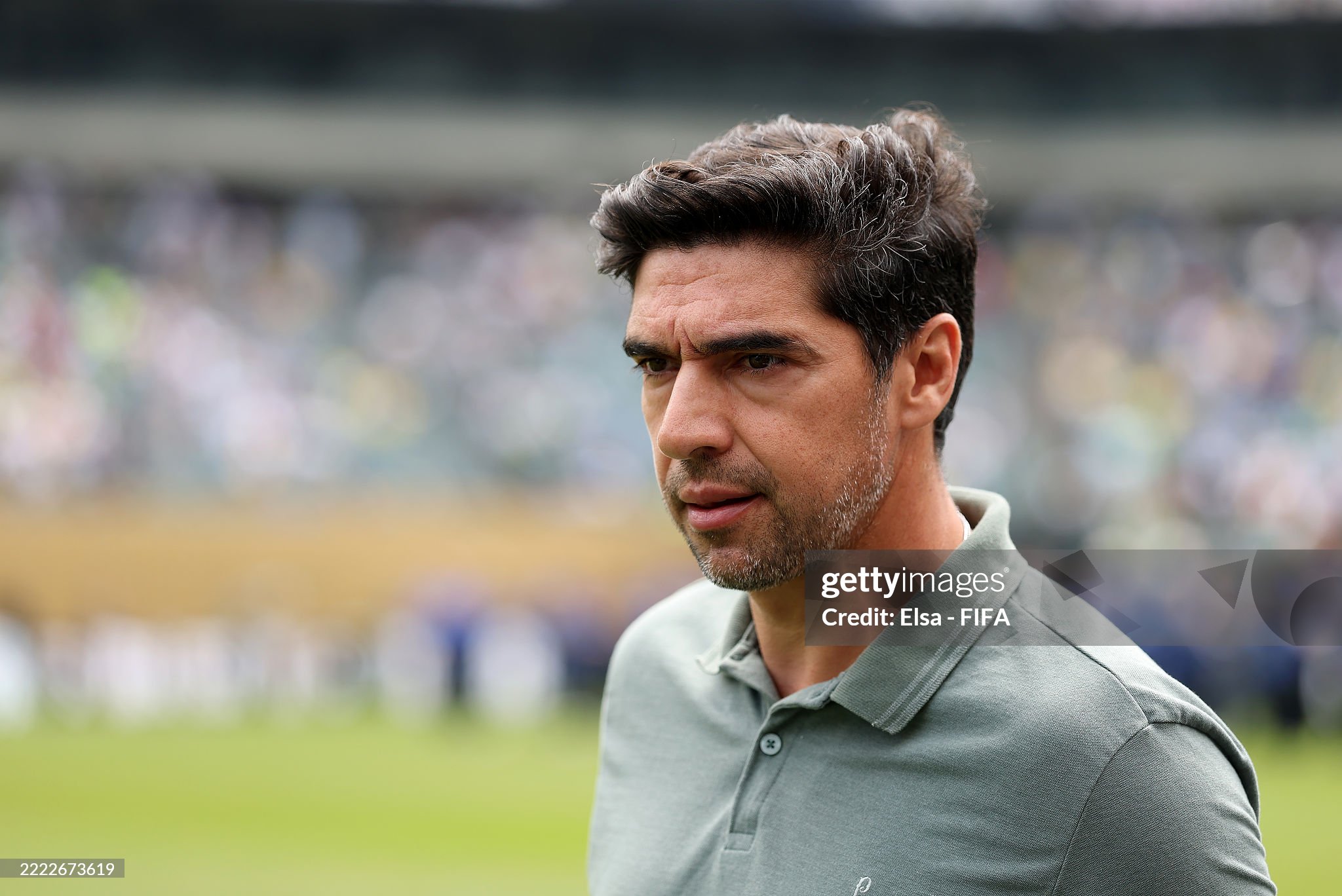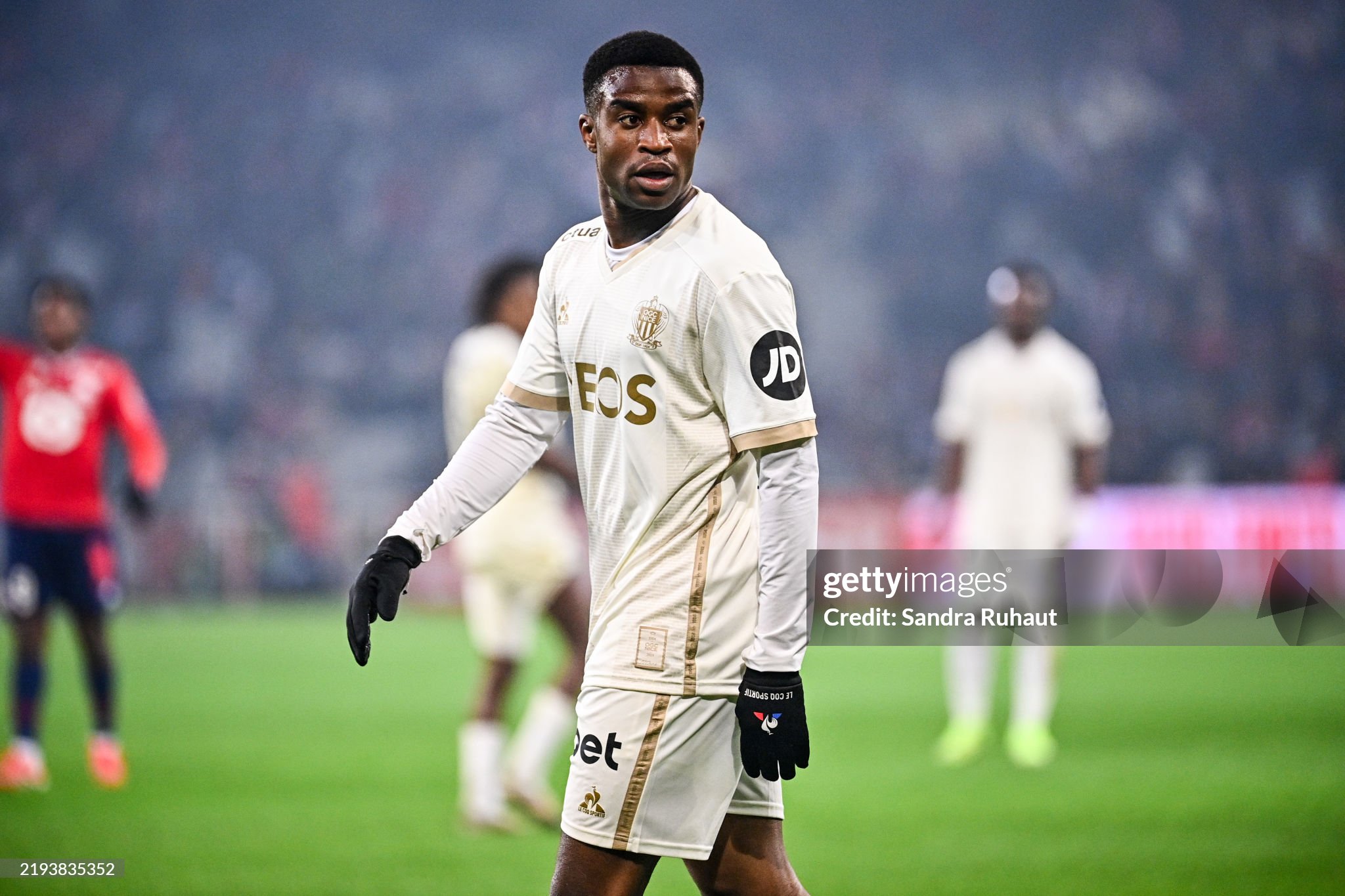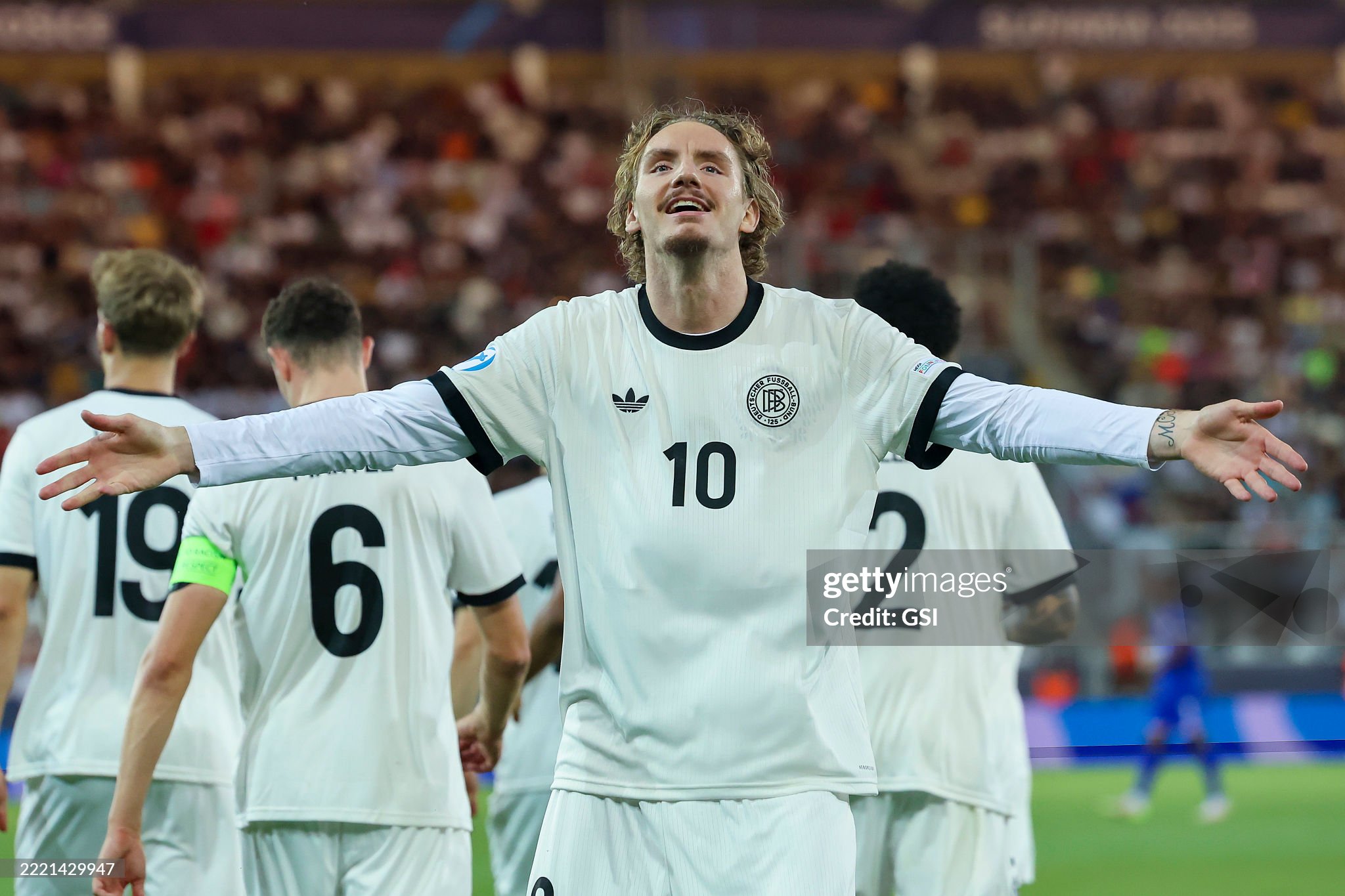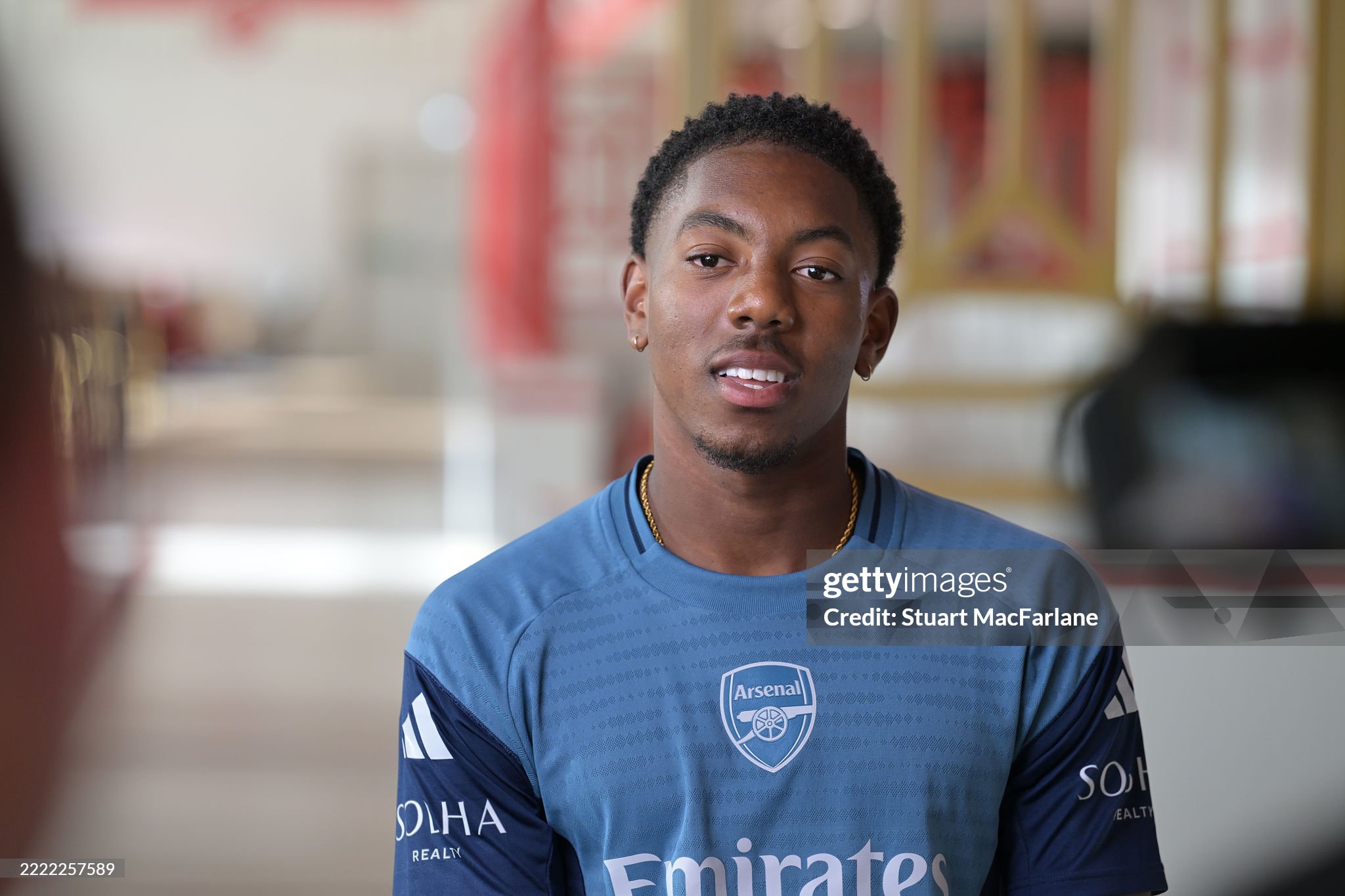Manchester City were surprisingly eliminated by Al-Hilal on Monday night in the Round of 16 of the Club World Cup. The British media raised questions about Pep Guardiola’s game plan.
Manchester City were eliminated in dramatic and unexpected fashion by Al-Hilal after extra time, losing 4–3 in the Round of 16 of the FIFA Club World Cup.
The seven-goal thriller, played in front of a vibrant crowd in Jeddah, sent shockwaves across the football world not only for the final score but for the manner in which it unfolded. The reigning UEFA champions, widely tipped as tournament favorites, were undone by a combination of tactical naivety, missed chances, and an Al-Hilal side that executed their game plan to near perfection.
This was not a one-off lapse, nor an accident of form. The British media were quick to dissect the defeat, calling it a tactical failure and an embarrassing miscalculation by Pep Guardiola. Sky Sports journalist Kaveh Solhekol summed up the mood: "I wonder whether Manchester City had the right tactics and strategy. This is a match City should be winning. I do think they had the players to do it, but they played right into Al-Hilal’s hands. The Saudi side was able to strike repeatedly on the counterattack. It looked like Guardiola had no answer for it."
Solhekol’s words reflect the confusion that many pundits and fans felt as the match unfolded. City, known for their dominance in possession and territorial control, were repeatedly caught out by Al-Hilal’s pace, movement, and clinical finishing. The Saudi champions, with their compact midfield and devastating transitions, punished every space City left open. The defensive line, often pushed high up the pitch, seemed incapable of handling quick outlets, and the midfield offered little in terms of recovery runs or protection.
“The truth is, Al-Hilal didn’t just win they deserved to win,” Solhekol added. “It was a true masterclass. Saudi football might actually be better than many people think. We always talk about money and transfers, but I believe something real is happening in Saudi Arabia. Their football is progressing rapidly, and Al-Hilal remain unbeaten in this Club World Cup.”
City, by contrast, looked fragile and disconnected. Despite boasting a world-class squad filled with international stars, they lacked their usual sharpness in key moments. The Daily Mail’s post-match analysis was equally critical: "What was worse: the defending or the finishing? City should have been at least three goals up by halftime that’s a conservative estimate. Considering the quality of the chances and the caliber of the players on the receiving end, scoring five goals would not have been unrealistic."
Indeed, Erling Haaland missed two clear chances in the first half, and Kevin De Bruyne back from a lengthy injury looked uncharacteristically off pace. Jack Grealish hit the post, and Julián Álvarez had a goal ruled out for a marginal offside. But while missed opportunities are part of the game, the defensive frailty was harder to excuse. Manuel Akanji and Rúben Dias struggled to contain Al-Hilal’s attackers, and João Cancelo, playing out of position at right-back, was caught out several times.
Manchester City, currently third in the Premier League, are now heading home early from a competition they had earmarked as an opportunity not only to add another international title to their growing collection but also to gain valuable prize money and exposure in a new market. Al-Hilal’s remarkable run, meanwhile, continues. This victory will go down as one of the greatest in their history, and with it, they’ve shown that they’re not just here to participate they are serious contenders for the title.
For City, the implications go beyond a single match. The Athletic described the defeat as a setback on the eve of what was supposed to be a period of renewal and regeneration. “From a footballing perspective, it’s a reality check for a team that had already made significant progress following earlier setbacks in the 2024/25 season. There’s still a fresh and optimistic atmosphere surrounding the club, thanks to new signings and changes within the coaching staff. These factors seemed to be pushing them toward a serious attempt at winning the Club World Cup and the accompanying financial rewards but that will not happen now.”
That financial incentive was not insignificant. The Guardian highlighted that a win would have secured City €11.3 million in prize money, potentially raising their total earnings from the tournament to nearly €56 million a meaningful figure even for a club of their stature. “There was a lot at stake for Manchester City,” the paper wrote. “But now that’s off the table they’re out, and Pep Guardiola will no doubt regret not bringing on Phil Foden earlier, or even starting him from the beginning.”
Foden, who was introduced late into the second half of extra time, made an immediate impact. Within four minutes of coming on, he found the net and brought the scoreline to 4–3, giving City a glimmer of hope. But it was too little, too late. His energy and decisiveness stood in stark contrast to the sluggishness of some of his teammates, prompting many to question Guardiola’s decision to wait so long before turning to one of his most dynamic players.
Critics have also pointed to the team’s travel and rotation plans. With a congested fixture list and several key injuries to manage, Guardiola opted to rotate heavily, leaving some fans and analysts wondering whether the Club World Cup had truly been prioritized. Others defended the choices, citing fatigue and player welfare, but the bottom line remains: City are out, and the sense of a missed opportunity lingers.
This exit may also affect the narrative around Saudi football’s growing presence on the world stage. Al-Hilal’s triumph will be hailed as validation for the investment and ambition shown by Saudi clubs in recent years not just in terms of high-profile transfers, but in infrastructure, coaching, and strategic planning. With players like Malcom, Rúben Neves, and Sergej Milinković-Savić leading the way, Al-Hilal are no longer seen as outsiders they are proving they can match and beat the best in the world.
As for Manchester City, the pressure now shifts back to domestic and European fronts. With the Premier League title race intensifying and the Champions League knockout rounds approaching, Guardiola and his staff have little time to dwell on what went wrong in Saudi Arabia. But the questions raised by this defeat about squad management, tactical adaptability, and mental focus are unlikely to fade anytime soon.
The Club World Cup was meant to be a crowning moment in City’s golden era. Instead, it has become a sobering reminder that even the best can falter and that the global game is evolving faster than many had anticipated.
